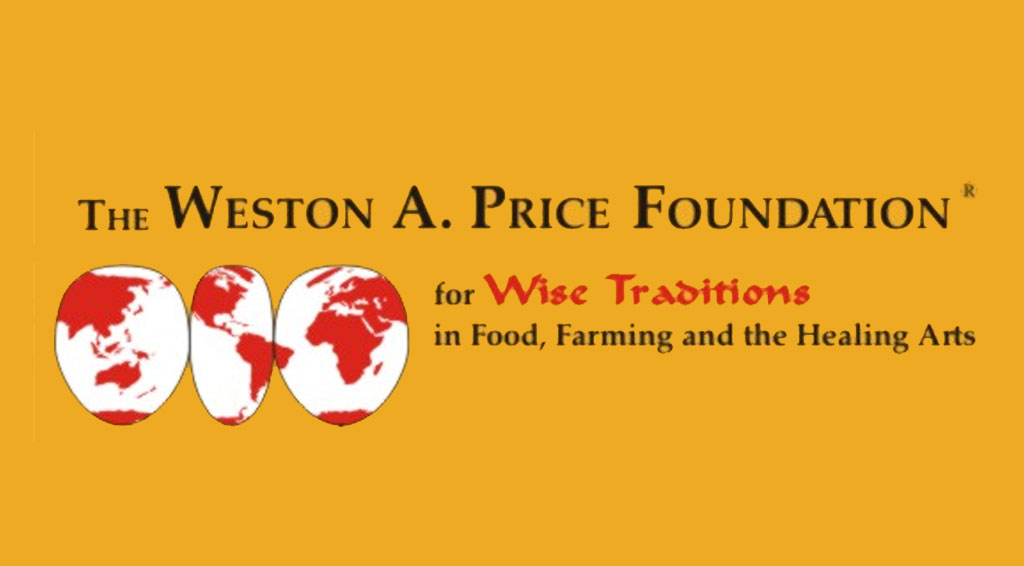In at least eight U.S. states this spring, lawmakers are pushing bills that would protect chemical giants like Bayer and Syngenta from being sued when their products cause cancer.
The mechanism is simple: change the legal definition of “failure to warn.” These bills—drafted with suspicious similarity across multiple legislatures—declare that if a pesticide or herbicide is approved by the EPA, manufacturers can’t be held liable, even if the product later turns out to cause cancer or other health problems.
If you’re a farmer who developed lymphoma after years of using glyphosate? Tough luck. If your child was exposed to a “safe” fumigant and ended up in the ICU? Take it up with Washington—not with the company that made billions off it.
The most high-profile version, Georgia’s SB 144, was signed into law in May 2025 and limits lawsuits against pesticide manufacturers if their product labels were approved by the EPA. Activists have labeled it the “Cancer Gag Act,” warning it shields companies like Bayer from failure-to-warn claims, even when users later suffer harm. The law effectively removes a key legal safeguard for consumers, farmworkers, and rural communities exposed to agrochemicals.
Let that sink in: after decades of selling controversial chemicals like Roundup, Bayer is now using state legislatures to preemptively shut down the courtroom. This isn’t just regulatory capture—it’s liability capture. A future in which even provable harm carries no consequence, so long as a federal agency rubber-stamped the product at some point.
This is Monsanto’s revenge, cloaked in the language of “science-based agriculture.” And it’s being laundered through the same statehouses that once pretended to protect “family farms.”
The irony? Many of the same rural legislators pushing these bills represent the exact demographic most likely to suffer from ag chemical exposure. But when campaign contributions and ghostwritten talking points enter the mix, it seems farmers’ lives are expendable for the sake of “ag competitiveness.”
This isn’t just a legal tweak. It’s a precedent. If corporations can write themselves out of liability by hijacking the definition of harm, what’s next? Vaccine makers already enjoy immunity. Are seed patents, mRNA feed treatments, or synthetic fertilizer cocktails next on the exemption list?
In a functioning republic, laws protect people from corporations. In an inverted one, they protect corporations from people.
The Cancer Gag Laws are a red line. And if passed widely, they’ll cement a future where American agriculture becomes not only centralized—but legally untouchable.





0 Comments